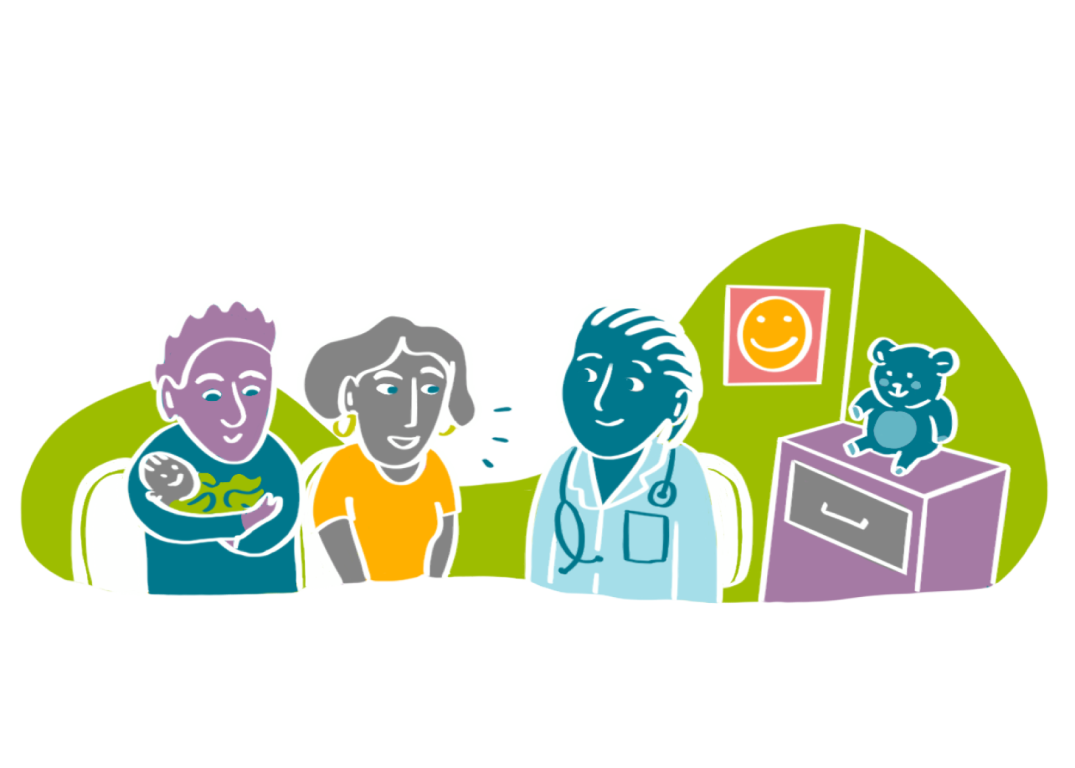Maternity and child health clinics
In Finland, maternity clinic services are available to all pregnant women and families expecting a child, and there are child health clinics for children under the school age and their families. Their services are voluntary and free. The clinics support mothers and their families during pregnancy and the first years of the child’s life.

The progress of pregnancy is monitored in maternity clinics. They offer advice on pregnancy and how to prepare for childbirth. Every child and family is offered one-to-one advice.
Child health clinics monitor and promote the child’s growth and development, and they support parents in matters such as parenting and care and taking care of the parents’ relationship. Children are given the vaccinations included in the national vaccination programme.
Staff at maternity and child health clinics try to identify any special support needs that a child or a family has at an early stage and to provide the necessary help and support. Clinics work closely with different organisations, depending on the family’s needs (e.g. support for families with babies, early childhood education and care, family work, dental care, nutritionist’s services, family centres, child welfare).
If a nurse is concerned that a child is not growing and developing as they should, the nurse can contact the social services in the town where the child lives, either with the child on their own, or with the child and their parents . However, if the contact cannot be made together with the family or if there is an urgent need for protecting the child, the employee is obliged to file a child welfare notification. Read more about what happens after a child welfare notification has been filed on the page Becoming involved with social welfare services.
Extensive medical examinations at maternity and child health clinics
Maternity and child health clinics arrange four extensive medical examinations to support parenting, assessing the health and well-being of the whole family and the factors that affect them. With the consent of the guardians, the extensive medical examination can involve an assessment of the child’s behaviour in early childhood education provided by the staff; the assessment covers issues necessary for arranging care and support.
Neuropsychiatric symptoms
More attention is now paid to various neuropsychiatric disorders in children. Neuropsychiatric disorders often affect a child’s daily life: their social skills, emotion regulation and control over their actions. It is important to identify difficulties in order to understand the child’s behaviour and to provide support. It is also important that the child’s parents and other adults in their life receive support, such as staff at nursery or school. Read a story about the topic.
